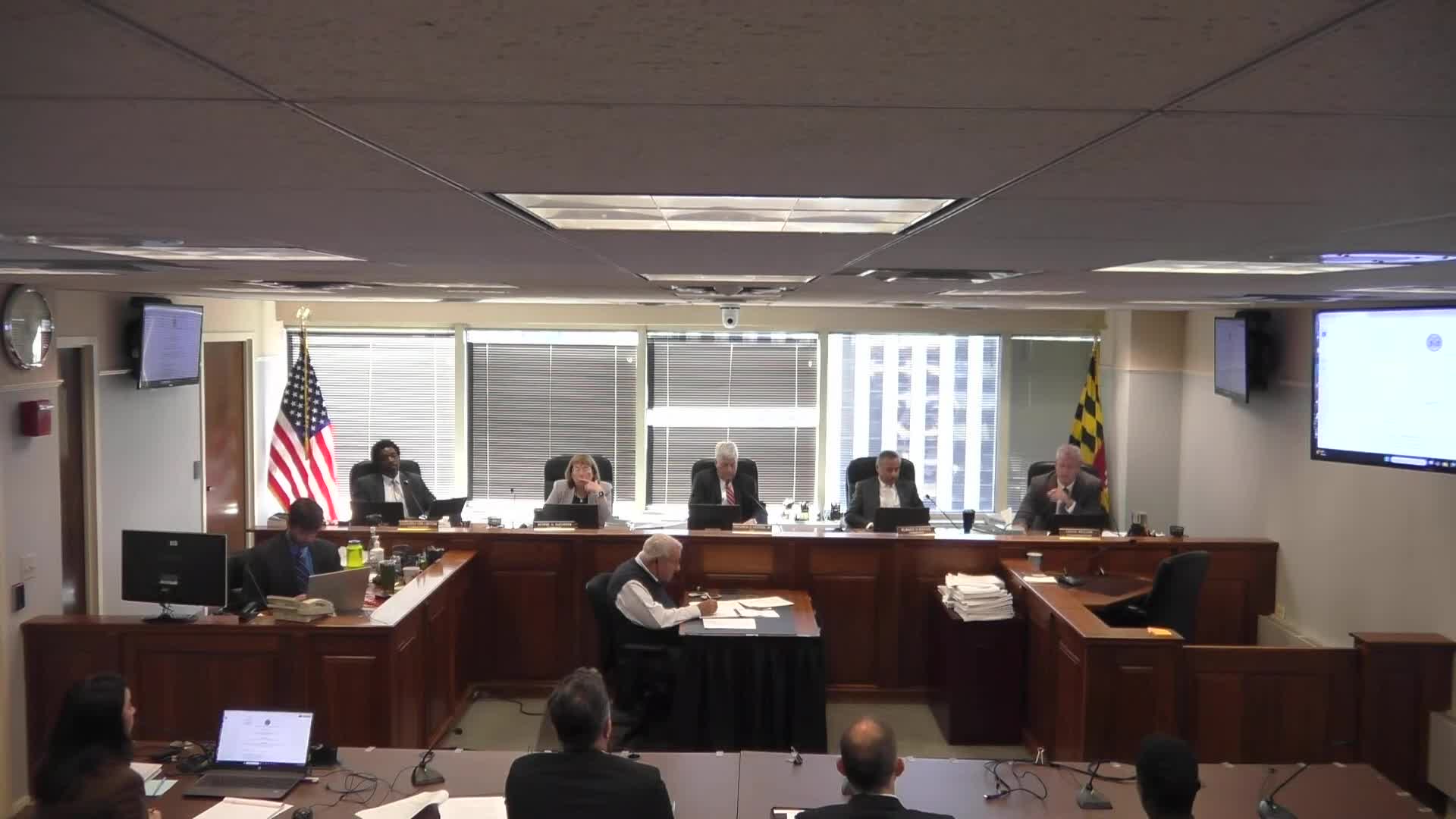Buegelman Outlines Key Deadlines for Federal Community Solar Project Regulations
September 08, 2025 | Public Service Commission, Independent Agencies, Organizations, Executive, Maryland
This article was created by AI summarizing key points discussed. AI makes mistakes, so for full details and context, please refer to the video of the full meeting. Please report any errors so we can fix them. Report an error »

In a recent meeting of the Public Service Commission in Maryland, officials gathered to discuss the implications of new federal legislation on community solar projects. The atmosphere was charged with urgency as key deadlines loomed on the horizon: July 4, 2026, marks the date by which construction must commence, while December 31, 2027, is the deadline for projects to become operational.
Mister Buegelman, a prominent figure in the discussion, clarified the significance of these dates. He emphasized that missing the July deadline could jeopardize the feasibility of many community solar developers, particularly those who did not meet an earlier September 3 deadline for safe harbor provisions. "If you started construction after July 4, 2026, you're probably too late," he warned, highlighting the tight timeline that developers face.
The conversation shifted to the potential for near-term solutions that could assist projects in meeting these deadlines. Buegelman pointed out that certain regulatory fixes could be implemented swiftly, particularly those contained within existing tariffs. "That requirement could be waived," he noted, suggesting that such adjustments could provide immediate relief to developers struggling with the lengthy processes typically associated with regulatory changes.
As the meeting progressed, the urgency of the situation became increasingly clear. With long lead times for project development, the commission is under pressure to act quickly to ensure that Maryland's community solar initiatives can thrive under the new federal guidelines. The discussions underscored the critical balance between regulatory compliance and the need for timely action, leaving stakeholders eager for clarity and direction in the coming months.
Mister Buegelman, a prominent figure in the discussion, clarified the significance of these dates. He emphasized that missing the July deadline could jeopardize the feasibility of many community solar developers, particularly those who did not meet an earlier September 3 deadline for safe harbor provisions. "If you started construction after July 4, 2026, you're probably too late," he warned, highlighting the tight timeline that developers face.
The conversation shifted to the potential for near-term solutions that could assist projects in meeting these deadlines. Buegelman pointed out that certain regulatory fixes could be implemented swiftly, particularly those contained within existing tariffs. "That requirement could be waived," he noted, suggesting that such adjustments could provide immediate relief to developers struggling with the lengthy processes typically associated with regulatory changes.
As the meeting progressed, the urgency of the situation became increasingly clear. With long lead times for project development, the commission is under pressure to act quickly to ensure that Maryland's community solar initiatives can thrive under the new federal guidelines. The discussions underscored the critical balance between regulatory compliance and the need for timely action, leaving stakeholders eager for clarity and direction in the coming months.
View full meeting
This article is based on a recent meeting—watch the full video and explore the complete transcript for deeper insights into the discussion.
View full meeting
